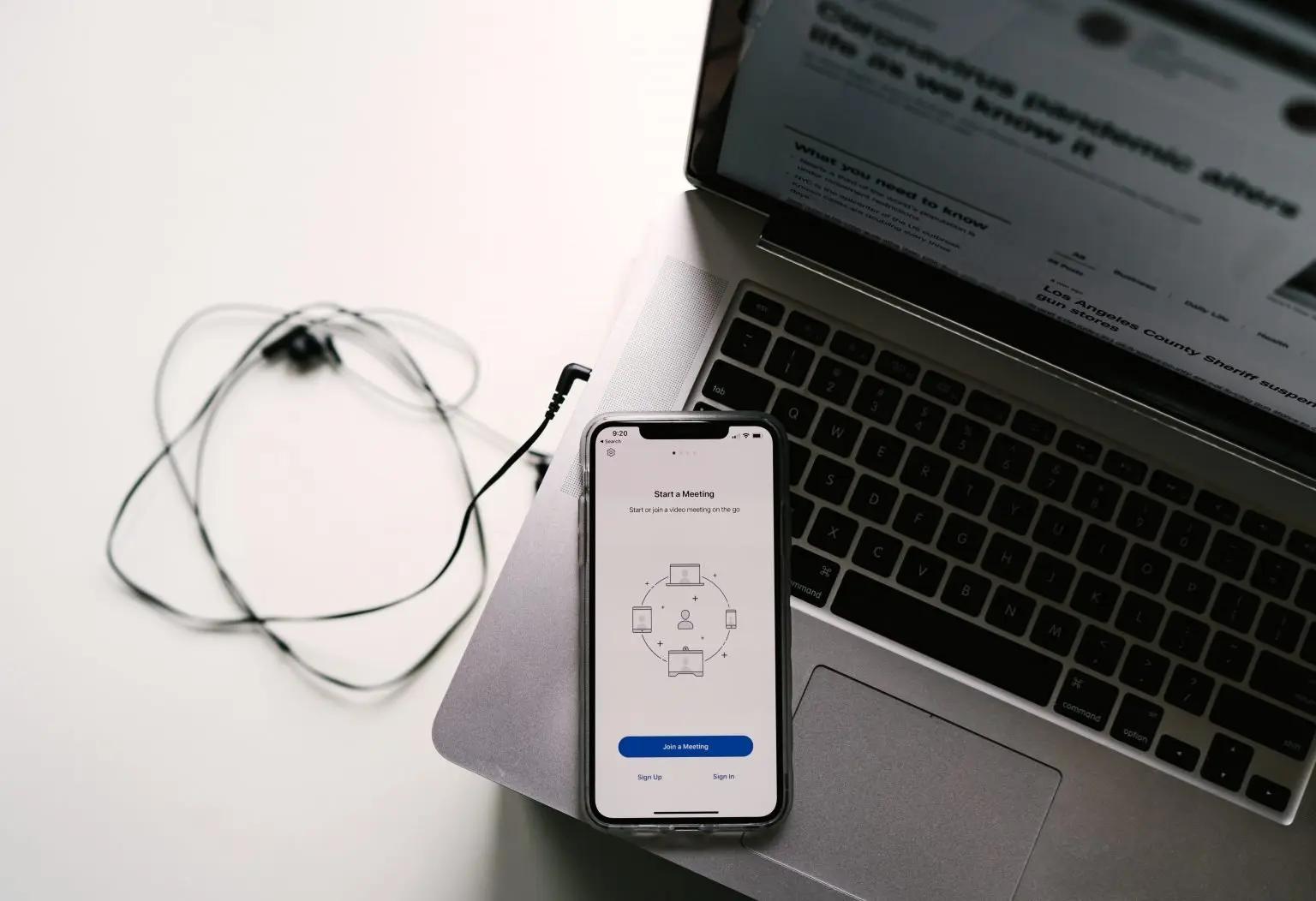*Updated August 11, 2020
Since the advent of the coronavirus pandemic, we have been approached my people who are nervous because they have no Will or advance directives, but are unable to meet with a lawyer because of the risk. Covid19. People want to know what the consequences are if the get sick or pass away without such documents in place.
Without Advanced Directives
In these difficult times, having estate planning documents in place is important as we are all worried about contracting Covid19. With regard to medical decision-making, even if someone does not have a health care proxy, there is a priority list of individuals stated in the Public Health Law that are permitted to make medical decisions for when a family member is incapacitated. They are, in the following order: a legal guardian, spouse, any adult child, a parent, an adult sibling or a close friend. Accordingly, if there is a need to be hospitalized and a decision needs to be made, a family member or friend could make the decision. Nonetheless, it always a good idea to have a health care proxy in place so that you are able to choose the person to make the decision and avoid confusion.
With regard to financial decision-making, there is no statutory list of individuals who are empowered to make to act as a fiduciary if a loved one becomes incapacitated. The only way a person would be able to access funds, is if he or she were a designated joint-owner on the account. Therefore, it is imperative to have a power of attorney to designate who an agent empowered under the law to handle financial affairs.
Passing Away Without a Will
Lastly, if a person passes away with out a Will, their heirs, known as “distributees” inherit the estate. For example, if a married person with no children dies, their spouse inherits their assets. If an unmarried person with children dies, their children inherit their assets, in equal shares. But if a married person with children dies, their spouse inherits the first $50,000 of their assets, and their children and spouse share the remaining estate.
For some, this statutory framework matches their wishes. But for others, this is not the intended result, making the need for a Will important. Most couples prefer that everything go to a spouse and not be split amongst spouse and children. In addition, having a Will allows for you to choose the person to administer the estate, known as the Executor, and allows you to do tax, Medicaid or special needs planning.
Executive Orders Allowing Virtual Signing
We are all being put in a very difficult position during these unfortunate and scary times, but the most important thing is to stay safe by staying home, if possible. Luckily, toward the beginning of the pandemic, the Governor issued two executive orders which now allow for “virtual signing,” meaning that attorneys can communicate and execute documents through video conference software on a smartphone or compute. This allows you to get these documents completed now from the safety and comfort of your own home. Each month the governor has extended the Orders, the new date allowing the virtual procedures until September 4, 2020, but it is unclear how long the governor will continue to do so.
Virtual Signing Procedure
In order for an attorney to notarize or witness documents, you will need:
- Access to videoconference software such as Zoom, Skype or Facetime which allows your attorney to see you sign the documents;
- Be present in the state of New York, to show a valid photo identification during the meeting;
- Transmit electronically (via facsimile or email or camera) a copy of the signed documents to your attorney the same day you signed them; and
- Send the original documents back to your attorney and they can notarize and witness the originals so that your documents are complete.
These new executive orders allow those who have not done their estate planning, or who wish to change their estate planning to get these documents completed without having to leave your home. You should contact your Estate Planning attorney as soon as possible to ensure your plan is complete.





